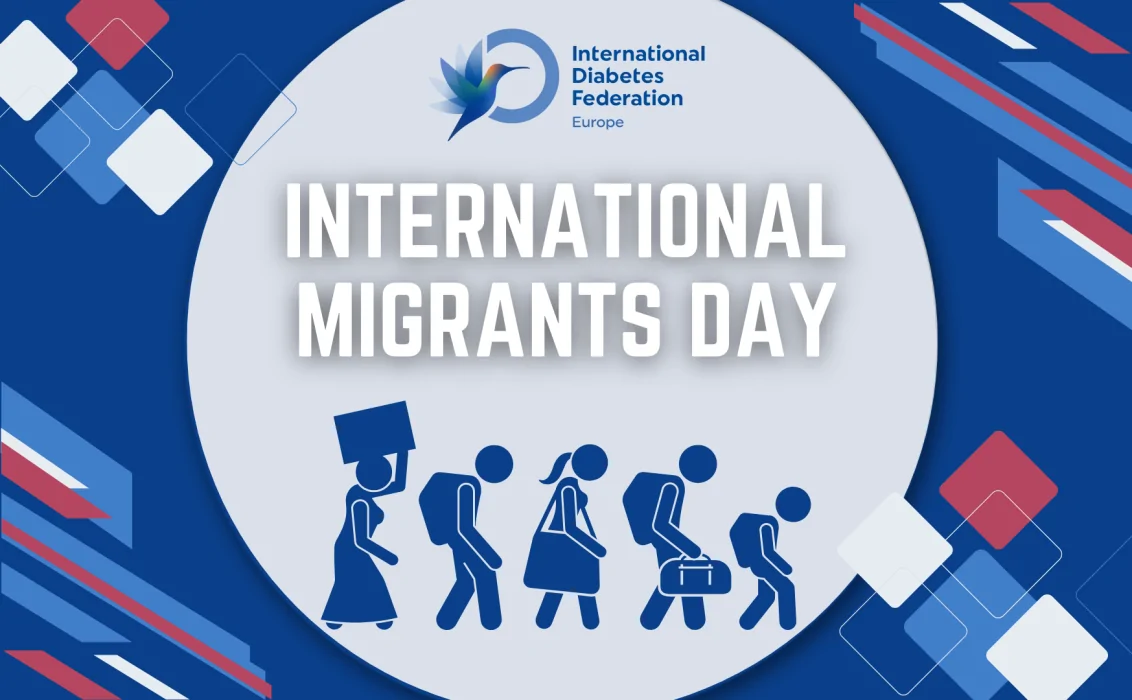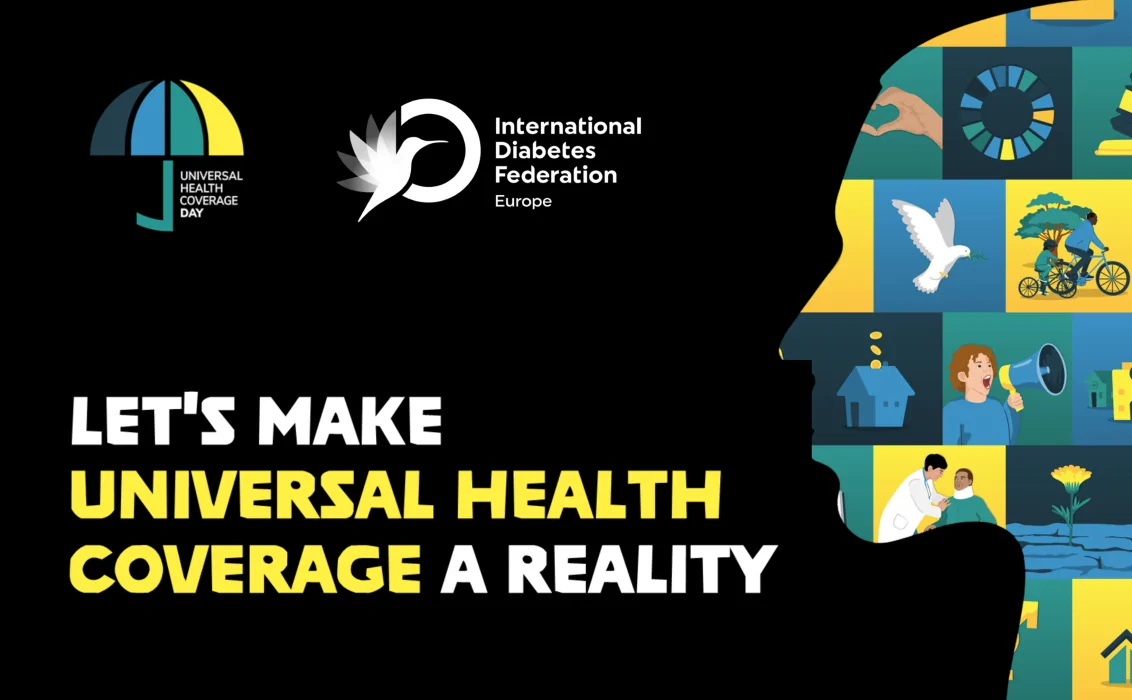The public consultation for the European Health Data Space (EHDS) runs from May 3 to July 26 and gives stakeholders an opportunity to express their views before the Commission finalises its proposal. The legislative proposal is expected to be adopted in Q4 2021.
Today, digitalisation is transforming diabetes care, probably more rapidly than any other therapeutic area. It is critical to ensure that the ever-increasing quantity of health data, including data collected through diabetes devices, apps, etc., can be leveraged not only to improve health outcomes for people living with diabetes (PwD) but also to inform policymakers of required actions regarding diabetes management and prevention and to allow for more research and innovation. Hence, it is crucial that the diabetes community takes an active stance now and contributes to the consultation. The main objectives of the EHDS initiative are as follows:
- Promote the safe exchange of patients’ data and ensure control of their health data
- Promote primary and secondary use of health data: for better healthcare (primary use) and better policy-making as well as better research and innovation (secondary use)
- Support digital health services
- Clarify the safety and liability of artificial intelligence in health
People living with diabetes and other chronic conditions across the EU will benefit from the collection of standardised data and data sharing across Member States that will make our health systems more resilient.
The development of harmonised Europe-wide data frameworks will enable the collection of data and knowledge that can be translated into policy actions, to improve diabetes prevention, management, and care across Europe. Encouraging the set-up of national diabetes data registries in all European countries and collecting data across the Union around a commonly agreed set of indicators, including patient-reported outcomes, will allow for faster and more comprehensive analysis of effective interventions in terms of both management and prevention. It will also allow for better resource allocation, facilitate the integration of care and the deployment of innovation and help tackle wasteful clinical care, operational waste, and governance-related waste.
Besides many real benefits that EHDS regulation can bring to PwD and health systems, the initiative’s governance model and its deployment must guarantee that all data will be secure and that it will preserve the rights of the individual. Special attention must be given to ensuring the ethical use of the data as well as the modalities of this usage. Moreover, to achieve full operationalisation and efficiency of health data exchange, there must be a strong infrastructure put in place that is safe and interoperable.
The upcoming EHDS holds great potential to improve the lives of PwD and to support healthcare professionals. If properly implemented, it can improve care, improve policy response and regulation, and reduce inequalities for all across the EU. Therefore, we strongly encourage our member associations and all relevant stakeholders in the diabetes community to contribute to the public consultation that can be accessed here.



